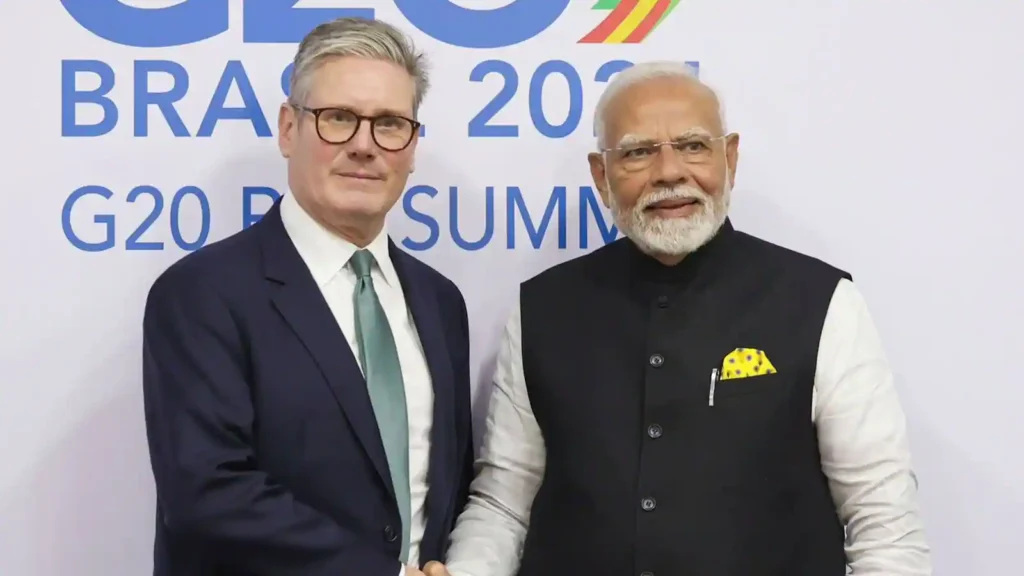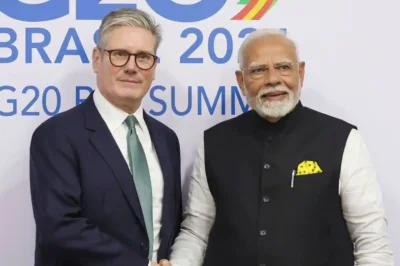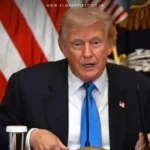
India and the United Kingdom have finalized a landmark Free Trade Agreement (FTA) after nearly three and a half years of negotiations, aiming to double bilateral trade from $60 billion to $120 billion by 2030. This ambitious pact is poised to significantly boost manufacturing, exports, and job creation in both nations.
Tariff Reductions and Market Access
The FTA eliminates tariffs on 99% of Indian goods entering the UK, covering sectors such as textiles, leather, auto parts, and engineering goods. For the UK, India has agreed to reduce tariffs on 90% of its product lines, including whisky, gin, medical devices, and advanced machinery. Notably, tariffs on automobiles will drop from over 100% to 10% under a special quota system, enhancing the competitiveness of UK exports in the Indian market.
Boosting Employment and Economic Growth
The deal is expected to add £4.8 billion annually to the UK’s economy and increase wages by £2.2 billion each year in the long run. In India, labour-intensive sectors like textiles and leather are anticipated to benefit, leading to job creation and economic stability.
Professional Mobility and Services
A significant feature of the FTA is the enhancement of professional mobility. Indian professionals, including IT workers, chefs, and musicians, will benefit from easier access to the UK job market. Additionally, the agreement facilitates the recognition of professional qualifications and provides greater access to services markets, fostering innovation and collaboration between the two countries.
Sector-Specific Opportunities
The FTA presents substantial opportunities for various sectors:
- Automotive: UK automakers like Jaguar Land Rover and Rolls-Royce will benefit from reduced tariffs, enhancing their competitiveness in the Indian market.
- Agriculture: Indian agricultural exports, including marine products and organic chemicals, will gain zero-duty access to the UK market, boosting India’s export potential.
- Pharmaceuticals: While the FTA addresses some aspects of trade in medical devices, certain concerns in the pharmaceutical sector remain unresolved, particularly regarding intellectual property protections.
Challenges and Considerations
Despite the promising prospects, the FTA faces challenges. Unresolved issues, such as the bilateral investment treaty and concerns in the pharmaceutical sector, could impact the realization of the agreement’s full potential. Additionally, geopolitical tensions and global trade uncertainties may pose risks to the smooth implementation of the deal.
Conclusion
The India-UK Free Trade Agreement marks a significant milestone in bilateral relations, offering vast opportunities for economic growth, job creation, and sectoral development. While challenges remain, the commitment from both nations to enhance trade and collaboration sets a positive trajectory for the future. As the agreement moves towards implementation, stakeholders are optimistic about the transformative impact it will have on both economies.









































Leave a Reply